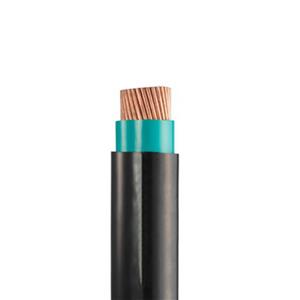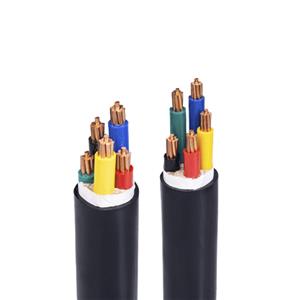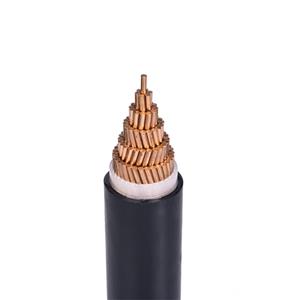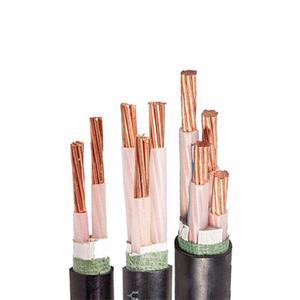What is the difference between BV RV and RVS?
The wires commonly used in electrical and integrated wiring systems are BV RV BVV BVR RV RVS RVV RVB, etc., but what do these symbols mean and how are they calculated? Is it one wire or two wires, and where are they used?
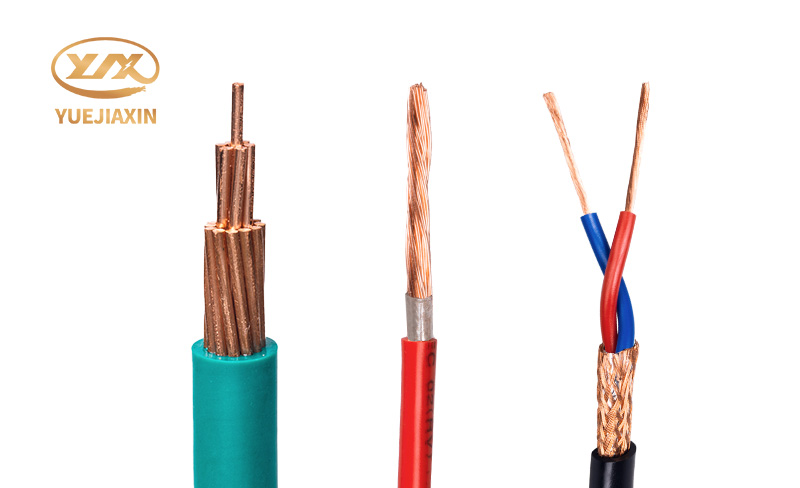
BV: Copper core polyvinyl chloride insulated wire, referred to as plastic copper wire, is a single-core hard conductor cable.B represents the category, wire, and V represents the insulating material: polyvinyl chloride. It is suitable for cables and wires used in power devices, daily electrical appliances, instruments and telecommunications equipment with AC voltage of 450/750V and below.
The commonly used BV wire models in our daily life are 0.75 square, 1 square, 1.5 square, 2.5 square, 4 square, 6 square, 10 square, 16 square, 25 square, 35 square, 50 square, 70 square, 95 square, 120 square, 150 square, 185 square, 240 square, etc. Common BV wire colors are: red, yellow, blue, green, and two-color (yellow and green).
According to different uses, BV wires can be divided into fire-resistant and flame-retardant types:
ZR-BV: Copper core polyvinyl chloride insulated flame-retardant wires are divided into four levels of flame-retardant A, B, C, and D, among which Class A is the best, and so on.
NH-BV: Copper core PVC insulated fire-resistant wire: It can maintain normal use for a certain period of time under normal fire conditions.
RV: Like BV, it is also called copper core PVC insulated wire, but unlike BV, RV is a single-core soft conductor cable.
The rated voltage is 450V/750V, and the commonly used marking colors are red, white, blue, brown, gray, black, etc.
The main uses are: household appliances connecting wires, electric control cabinets, distribution boxes and various low-voltage electrical equipment connecting wires, which can be used for the transmission of power, electrical control signals and switch signals.
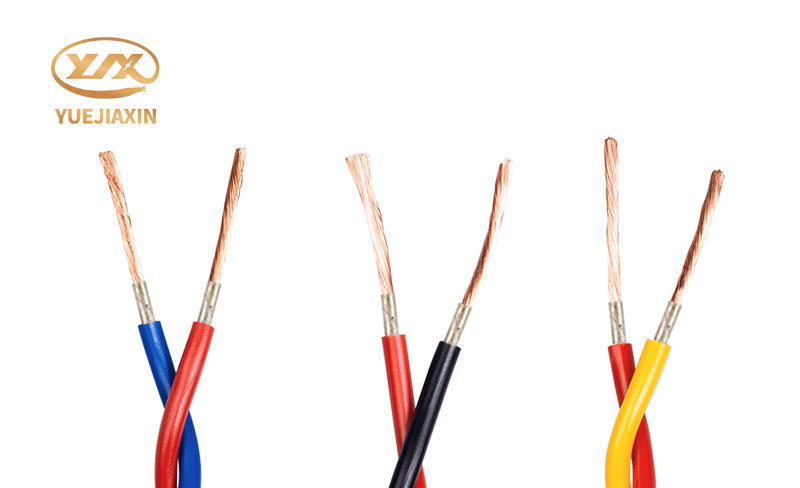
Different types of wires have different uses, structures, functions, etc., so when purchasing wires, we must choose suitable wire products based on the actual usage scenarios and actual conditions. If there are still some things we don’t understand, we can consult a professional electrician before purchasing to ensure electricity safety.
- PVC-Insulated Cable
- 450/750V BV Single- Core Cu/PVC Cable
- 450/750V BVR Single- Core Cu/PVC Cable
- 300/500V Or 450/750V RV Single-Core Cu/PVC Flexible Cable
- 300/500V Or 450/750V RVV Multi-Core Cu/PVC/PVC Flexible Black Cable
- 300/500V Or 450/750V RVV Multi-Core Cu/PVC/PVC Flexible White Cable
- 300/500V Or 450/750V RVVP Multi-Core Cu/PVC/CWS/PVC Screened Flexible Cable
- 450/750V KVV Multi-Core Cu/PVC/PVC Control Cable
- 450/750V KVV22 Multi-Core Cu/PVC/STA/PVC Armoured Control Cable
- 450/750V KVVP Multi-Core Cu/PVC/CWS/PVC Screened Control Cable
- 450/750V KVVP2-22 Multi-Core Cu/PVC/CTS/STA/PVC Screened Armoured Control Cable
- 0.6/1KV PVC-Insulated PVC-sheathed Single-Core Power Cable
- 0.6/1KV PVC-Insulated PVC-sheathed Multi-Core Power Cable

